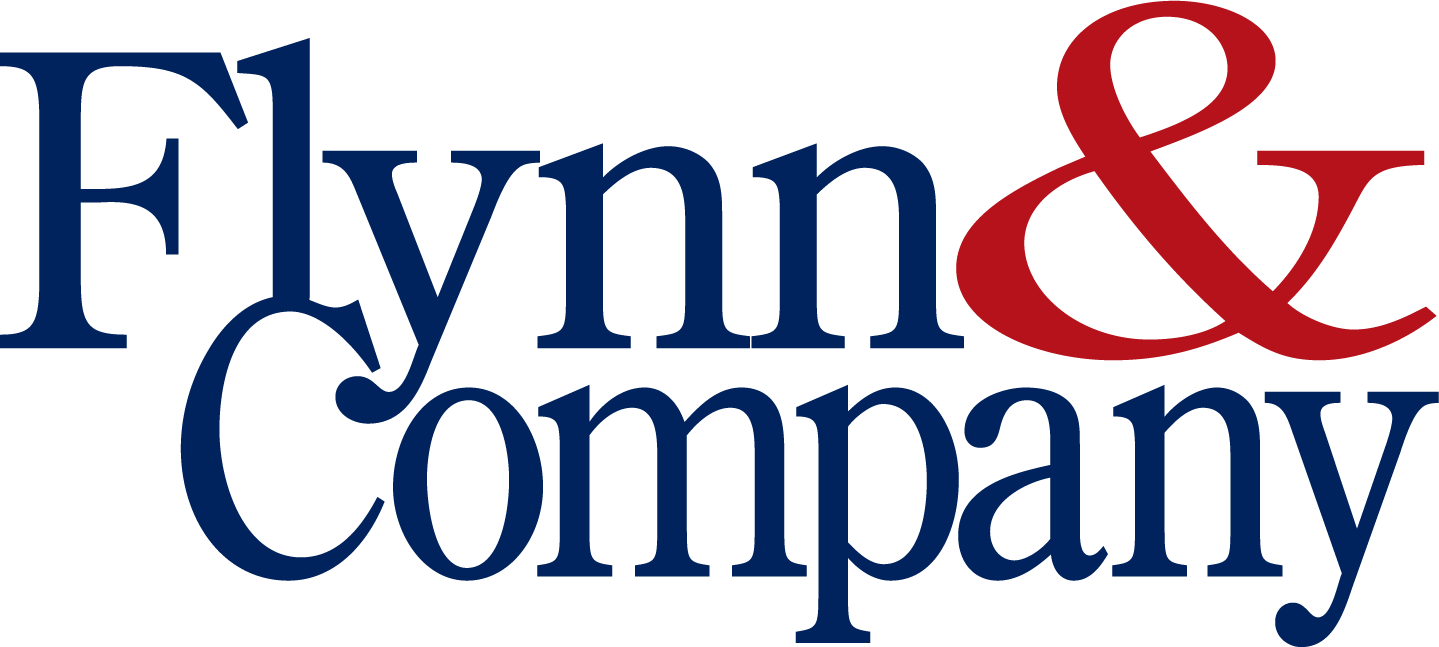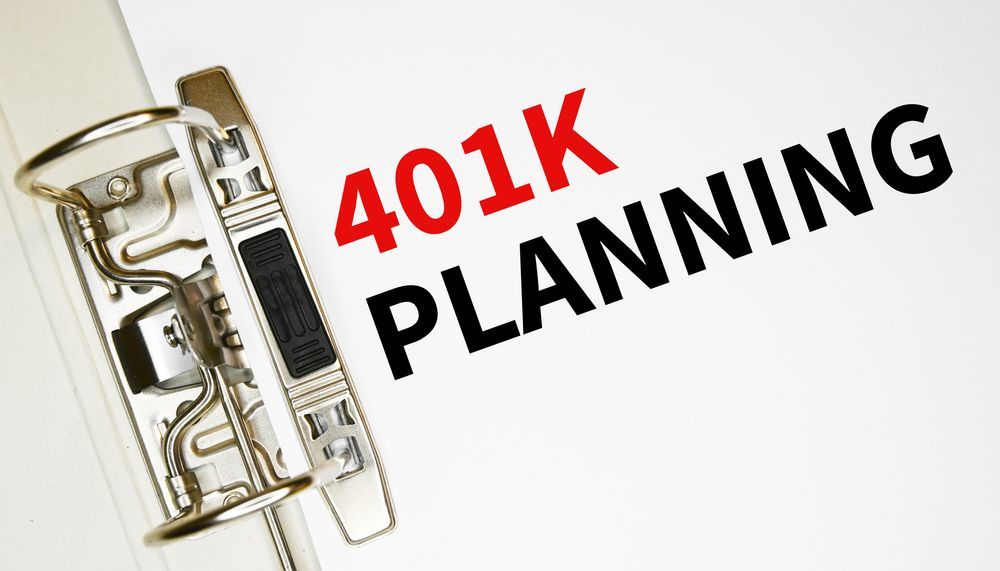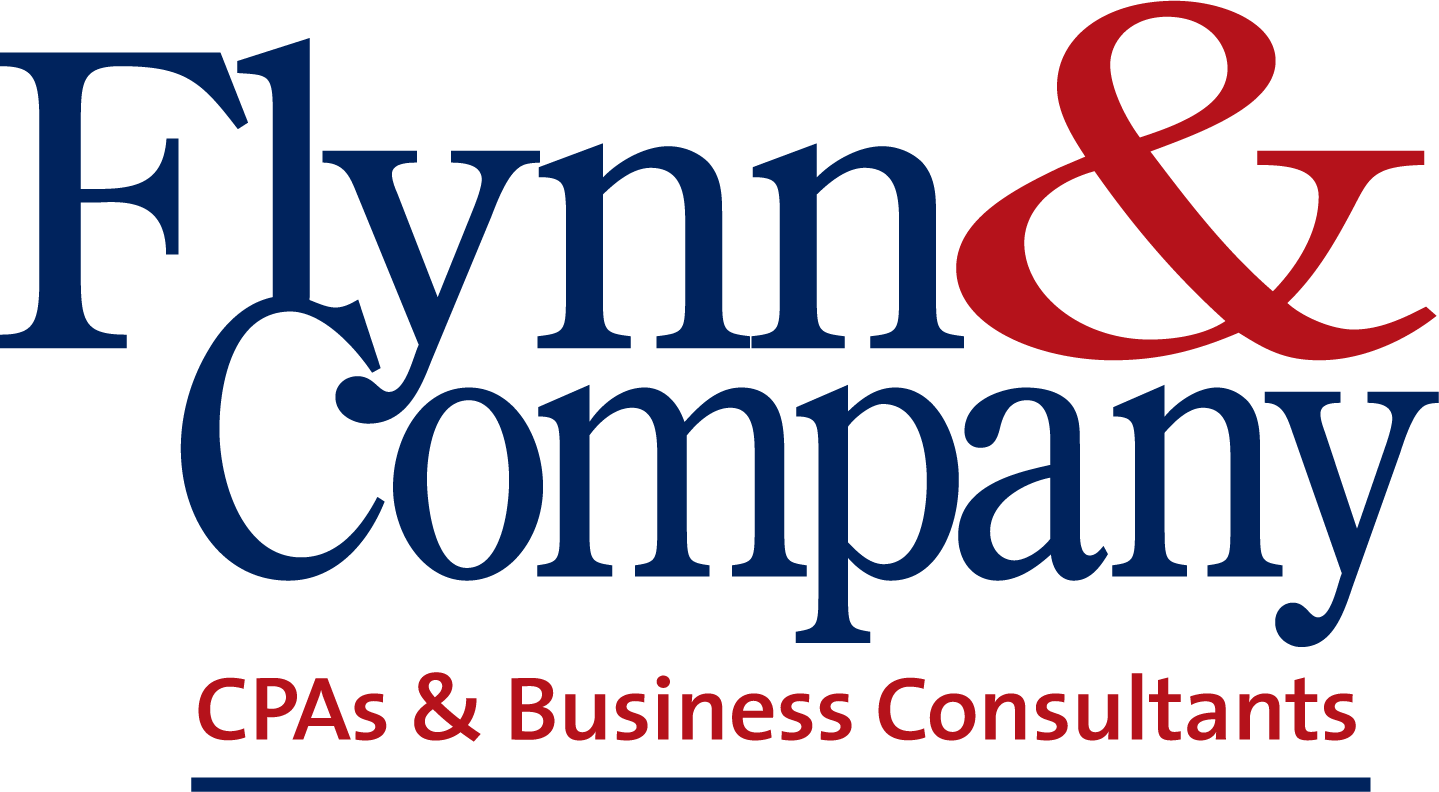Expense Reimbursement Plans: Accountable vs. Nonaccountable
The Internal Revenue Service (IRS) sets rules and parameters surrounding what can be included as part of an accountable plan. Businesses prefer accountable to nonaccountable reimbursement plans, as they offer tax savings. Wondering how to keep your reimbursement plan accountable, but unsure of where to start? The business accounting experts at Flynn & Company have you covered. Read on to learn more about the basics of accountable versus nonaccountable expense reimbursement plans.

What is Considered an Accountable Plan for Expense Reimbursement?
An accountable plan is a method of paying employees back for money that was spent on business related expenditures. Reimbursed funds are not considered a part of an employee’s compensation. Rather, since employees spent that money first, your organization is simply paying them back. The money is not a complement to their salary. Because of this, money in an accountable reimbursement plan is not subject to taxes by the Internal Revenue Service.
However, not just any employee expenditures can be included in an accountable reimbursement plan. Because there are tax advantages (or savings) to accountable plans, there are also rules involved so that the savings can’t be abused. Costs incurred must be specifically business-related in order to be eligible for reimbursement under an accountable plan. If they don’t fall into the preset guidelines, they’re considered “nonaccountable.” Reimbursements of nonaccountable employee expenditures are considered taxable income to the employee.
What Kinds of Things are Considered a Business Expense?
To meet the IRS’ parameters for an “accountable” expense, the expense must be:
- In direct connection to both the organization and the responsibilities of the employee’s role
- Properly and accurately reported by the employee in terms of how the money was actually spent
Expense Reporting for Accountable Reimbursement Plans:
These items can usually be satisfied by delineating a clear expense policy in your organization’s company handbook and by requiring documentation and receipts for all expenses. The IRS requires organizations to mandate that employees provide paper receipts to substantiate their purchases of over $75. This rule applies in the following situations:
1) if the expense isn't clear on the electronic receipt,
2) for lodging expenses if the credit card company doesn't show itemization, or
3) for any expenses that are made without the business credit card.

In any event, organizations should have expense reporting systems in place, and in larger organizations, a computer based platform where employees can scan receipts may be preferable to handing in physical copies of receipts or invoices. Employees should utilize the expense reporting system for all expenditures so as to make the process uniform.
If your accounting or finance department reimburses an employee in excess of what was actually spent on business related costs, the employee must return the excess funds within a reasonable period of time, generally 120 days. Otherwise, the funds will be considered taxable income to the employee.
What is a Nonaccountable Plan?
If your reimbursement plan falls short of any of the above listed requirements, it cannot be considered an accountable plan. Rather, it will be treated as a nonaccountable plan by the IRS. Businesses want to avoid this classification, as reimbursements from nonaccountable plans are subject to employer payroll taxes assessed by the IRS as well as state unemployment taxes if applicable. Additionally, the reimbursements will be considered taxable income to the employee.

It's important to be careful with each and every employee expenditure. Even if your plan is accountable, you can still run into a situation where some reimbursement payments are treated as nonaccountable if the proper protocol is not followed. Often, this occurs as a result of a payment for an expense that is not business related such as an entertainment expense, or as a result of an employee’s failure to pay back excess reimbursement funds. When designing your expense policy, make sure to clearly specify what is and is not a business-related expense and mandate the prompt return of excess funds.
Fortunately, one or two mistakes in your accountable plan will not cause your reimbursement plan to switch over to nonaccountable status in the eyes of the IRS. The IRS allows for recognition of both accountable and nonaccountable elements of your plan. If your company policy is to reimburse employees for expenses that are not business related as defined by the IRS, those elements will be treated as nonaccountable, and will be subject to the taxation as noted above. However, your accountable reimbursement elements will still receive IRS tax savings advantages.
Expense Substantiation and Excess Reimbursement Rules for Accountable Plans:
As previously mentioned, mandating the prompt return of excess reimbursements made to workers is crucial to maintain your plan’s status as accountable. The IRS has established guidelines around the length of time employees have to provide documentation for money spent within a "reasonable period" of time. Generally, this time period will be 120 days after the expense has been paid.
Employees also must substantiate their expenses within a reasonable time in order to keep an expense element accountable. The IRS outlines that an expense will be deemed substantiated within a “reasonable time” if receipts or other documentation are provided within 60 days of being paid.
Meet Flynn & Company: Your Partner in Small Business Accounting and Outsourced Financial Services
The line between an accountable and nonaccountable reimbursement plan can be tough to discern for even the most well-rounded small businesses owners. Flynn & Company’s mission is to help small to mid-sized businesses make sure their accounting, tax, and financial needs are taken care of, so you can focus on growing your business.
Choosing CFO outsourcing for your accounting and finance functions allows you to take advantage of the technical expertise of our entire firm. We offer a customized approach that allows you to select the level of service you feel is right for your company.
Interested in learning more? Whatever you need, we're here to help you get on with business. Let's talk.






